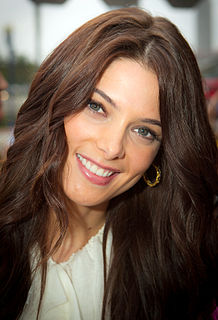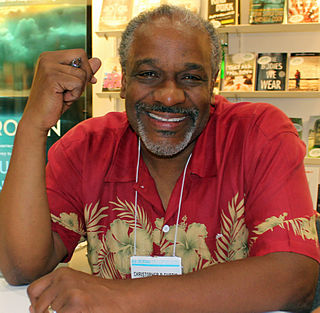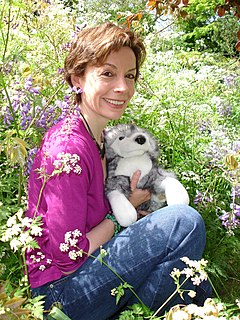A Quote by Gaspar Noe
You know it's a great story when you identify with the main character to the point that you forget you're a spectator or a reader.
Related Quotes
I think 'Scarface' is a great film, but if you have a character like Tony Montana, you don't identify with him at all. I think it's very interesting instead to identify yourself with a character you don't like all the time. You can create a tension between the fiction and the viewer. You force the spectator to wonder about his actions.
Your opening should give the reader a person to focus on. In a short story, this person should turn up almost immediately; he should be integral to the story's main action; he should be an individual, not just a type. In a novel, the main character may take longer to appear: Anna Karenina doesn't show up in her own novel until chapter eighteen.
First person allows deeper insight into the protagonist's character. It allows the reader to identify more fully with the protagonist and to share her world quite intimately. So it suits a story focused on one character's personal journey. However, first person shuts out insights into other characters.
You need to keep everyone wanting more. Every character has so much depth, and there was so much thought that went into it, but it would've taken away at some point from the main story, and everything I think kind of was woven together really beautifully, so that you cared about everyone, and everyone had their own story, but everything helped the main plotline.
If the point of life is the same as the point of a story, the point of life is character transformation. If I got any comfort as I set out on my first story, it was that in nearly every story, the protagonist is transformed. He's a jerk at the beginning and nice at the end, or a coward at the beginning and brave at the end. If the character doesn't change, the story hasn't happened yet. And if story is derived from real life, if story is just condensed version of life then life itself may be designed to change us so that we evolve from one kind of person to another.
Two kinds of reading can be distinguished. I call them reading like a reader and reading like a writer ... when you read like a reader, you identify with the characters in the story. The story is what you learn about. When you read like a writer, you identify with the author and learn about writing.
Probably the only thing that isn't great is the time when I know I'm very close to finishing the actual writing of the story and I'm overcome by this sense of loss. I think it's because I know I won't be "talking" to the main character anymore, it's sort of like what you feel when you know a friend is moving away and you probably won't be seeing her again.
I don't know quite how a story develops in my head. It is a bit chaotic. If I am working on a series, one of the main characters at least is already in existence as well as some setting and minor characters. Finding the other main character can be a challenge. Sometimes this character already exists in a minor role in another book.






































